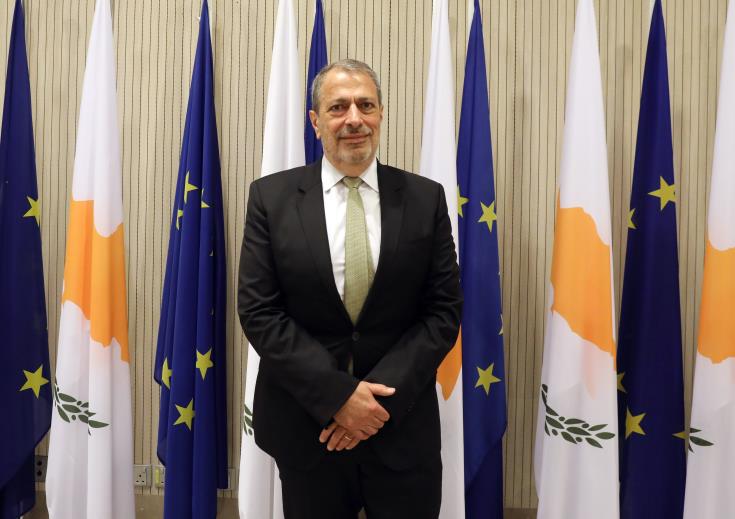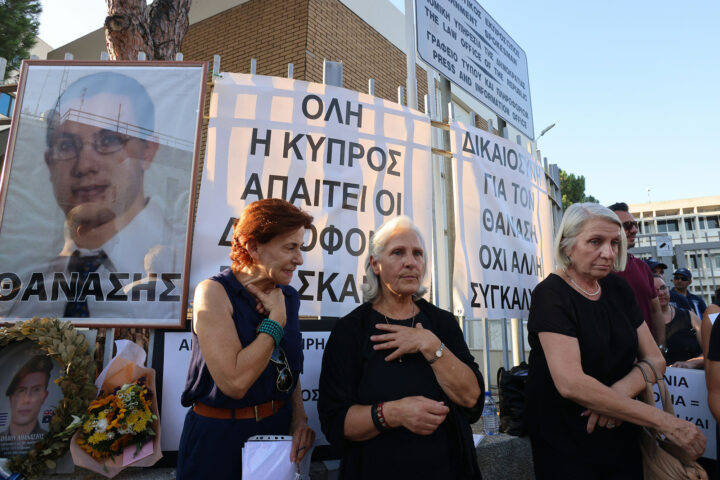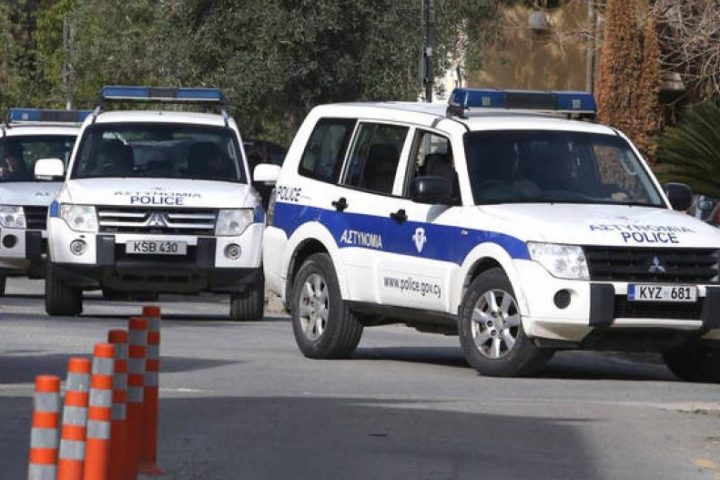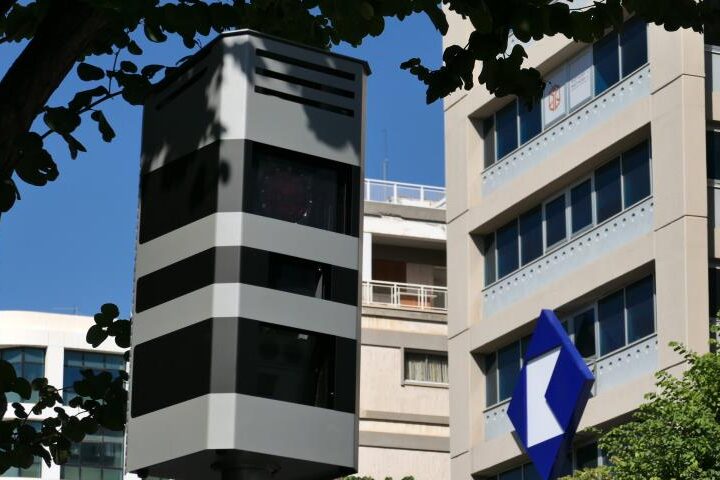Attorney General George Savvides said Monday his office would be handing over the report into the 2005 death of a soldier to his family while ordering the police to reopen the incident as a possible murder case.
Army conscript Thanasis Nicolaou had been found dead under a Limassol bridge 17 years ago, with authorities declaring it a suicide at the time.
However, investigators Antonis Alexopoulos and Savvas Matsas, tasked with probing the death of the 26-year-old, found evidence of a ‘sickening’ cover-up to make it look like suicide.
At a press conference on Monday, Savvides told reporters that the report would be given to Nicolaou’s family with names omitted, as it forms the basis of a criminal investigation for the police.
Also, copies of the testimonies of people interviewed will not be handed over to the family. Instead, a summary of their accounts will be given.
Savvides noted that in most cases, criminal reports are not handed over to the interested parties during ongoing investigations.
The inquiry report was submitted to the attorney-general last month and is the third submitted to the AG’s office into the circumstances surrounding Nicolaou’s death, which then state pathologists had ruled a suicide.
“When it comes to the gist of the case, having gone through the report and based on the investigators’ findings, we find that it should be forwarded to the Police for further investigations,” said Savvides.
He noted that police might turn to one of the investigators, Antonis Alexopoulos, for help in the criminal investigation.
Savvides instructed that investigator Savvas Matsas be kept out of the investigation process, as he has “violated the confidential clause”.
Earlier, Matsas told media he was ‘sick to the stomach’ with inexcusable mistakes and omissions he had discovered.
As he said, from his experience of 38 years in the Legal Service, he found police officers and medical examiners did not perform their duties adequately and honestly.
“I have never handled a case that, just by going through the evidence, has made me sick to the stomach and given migraines.
“So many deliberate mistakes, so many omissions, so many distorted facts. I have never encountered anything similar in my long career,” Matsas had said.
The Attorney General also said that the decision of the Legal Service to prosecute anyone related to the case “will not be made now” but after the completion of the police investigations.
In the meantime, Savvides said the family would be given all 33 appendices that accompany the report, while 15 of the 16 statements and the summary will not be given.
He also assured he would ask the Chief of Police to make the investigations a priority due to the time that has passed since the incident.
Forensic evidence
The Attorney General commissioned the probe conducted by Matsas and Alexopoulos following new forensic evidence.
Coroners in Athens last year had examined the 26-year-old’s exhumed remains and separately concluded that Nicolaou had been strangled, as his hyoid bone, initially recorded as undamaged, was broken.
The case had reopened after Nicolaou’s mother relentlessly insisted that her son had not committed suicide, pointing instead to fellow army colleagues as having bullied him.
The soldier’s body was found under a bridge in Alassa, Limassol, in September 2005, about 12 kilometres from his home and barracks.
He was meant to report back to his unit after overnight leave.
At the time, authorities were convinced that Nicolaou had committed suicide, but police had not questioned all his fellow army comrades, despite the victim filing a report of being bullied.
In February last year, the European Court of Human Rights (ECHR) ruled that authorities had botched the investigation into Nicolaou’s death.










